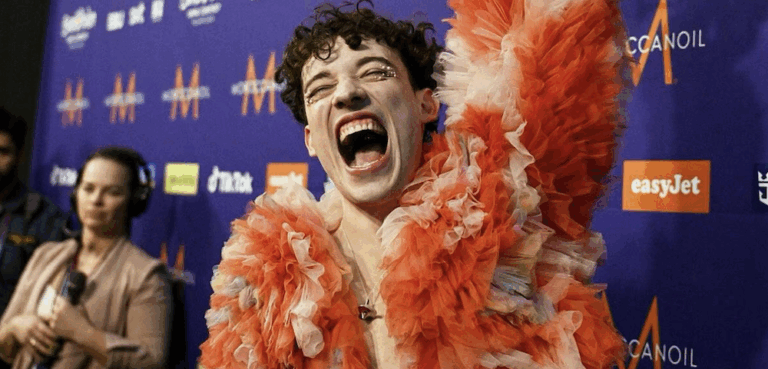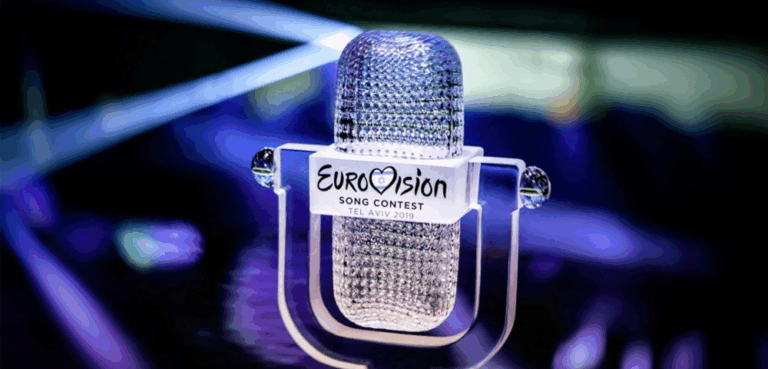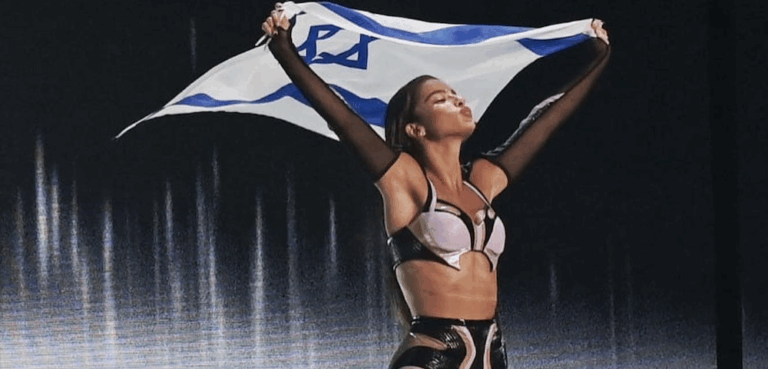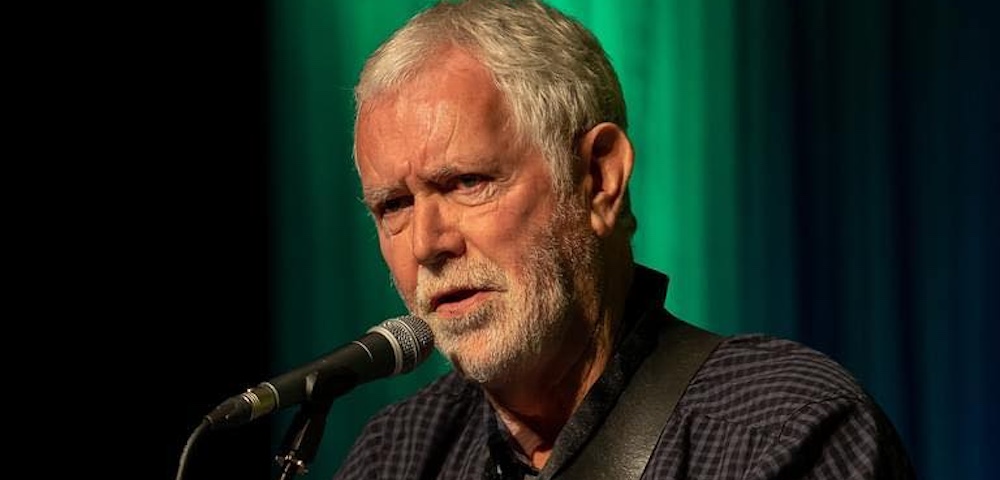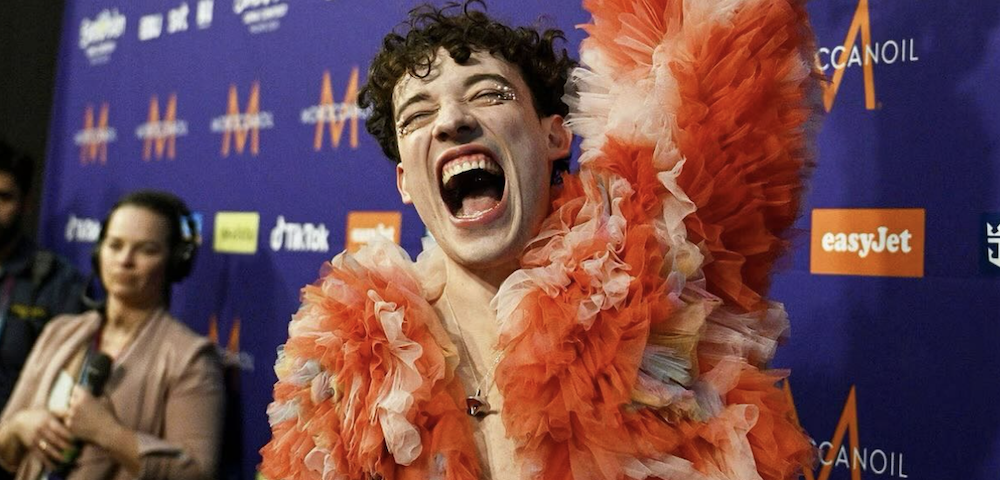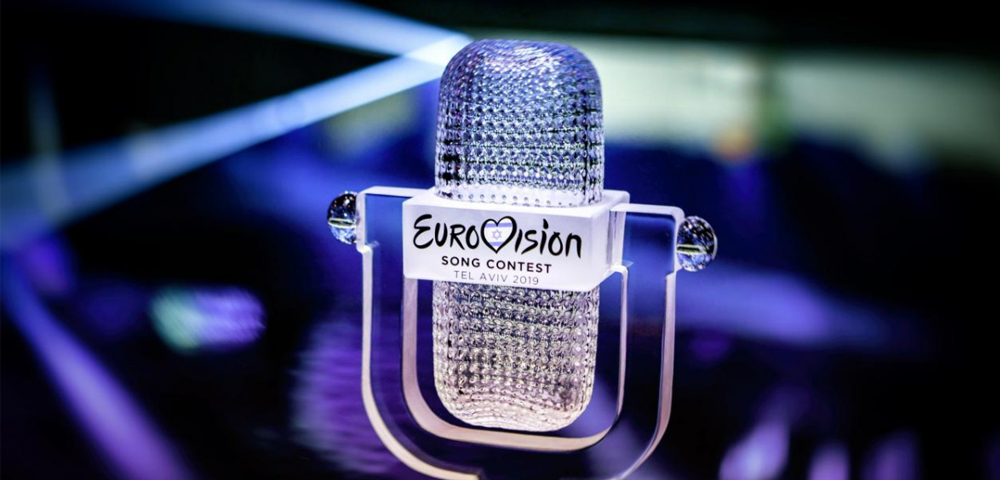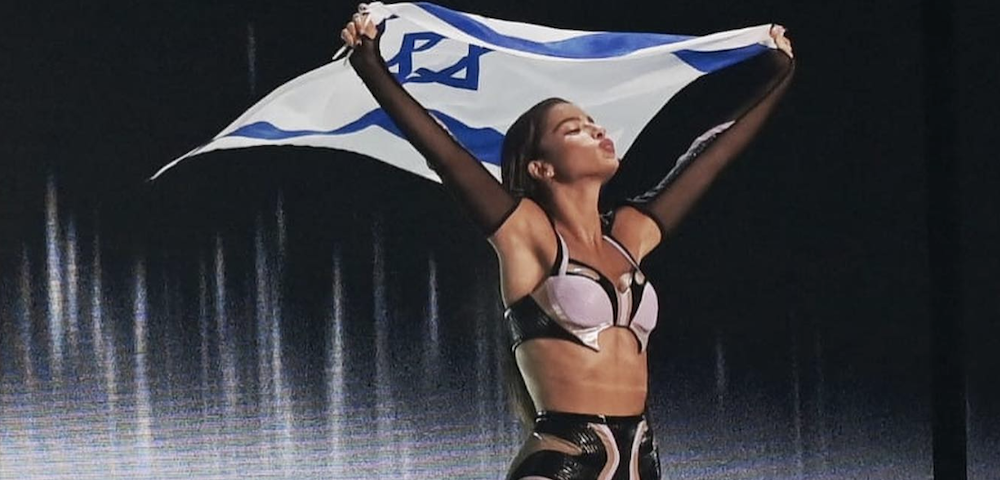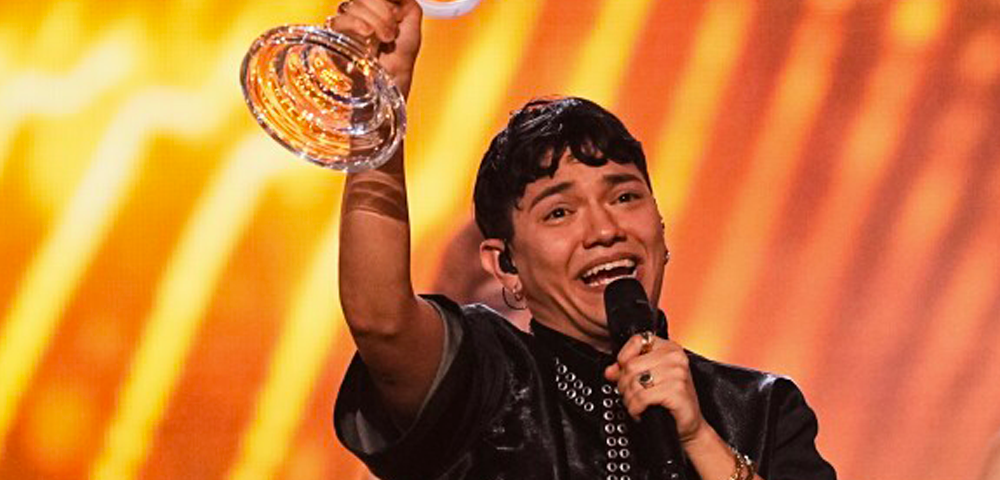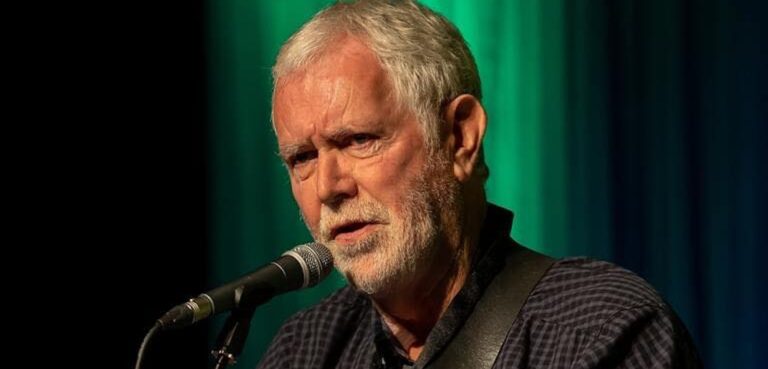
Australia Reveals Entry For Eurovision-Inspired AI Song Contest
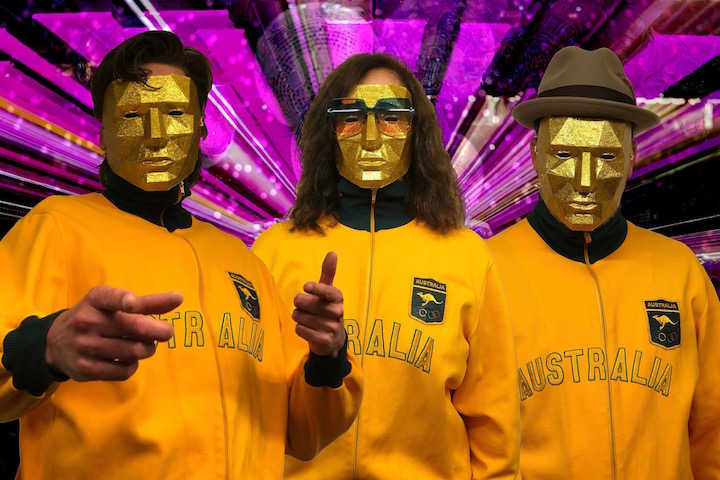
Despite the cancellation of this year’s Eurovision, hope still remains as Australia reveals its entry for the Eurovision-inspired artificial intelligence (AI) song contest.
Following the cancellation of the 2020 Eurovision due to strict isolation measures from the COVID-19 pandemic, 13 teams of data scientists, programmers, and musicians from Eurovision member countries (and Australia) will come together for the inaugural ‘Eurovision AI song contest’.
Sponsored by Dutch public broadcaster, VPRO, and inspired by the iconic annual Eurovision music competition, contestants are invited to use AI programs to create lyrics, melodies, and harmonies for a 3 minute-long Eurovision-style song.
Australia’s entry, called Beautiful the World, was created by RMIT University computer scientist, Dr Sandra Uitdenbogerd, in collaboration with Sydney production studio, Uncanny Valley and the University of NSW (UNSW).
The song’s lyrics, as well as the melody, were all created using a combination of AI processes and human involvement.
Uitdenbogerd describes the song as sounding like a “high entropy Daft Punk” and said it draws inspiration from the challenging events of 2020, including the COVID-19 pandemic and this year’s bushfire crisis.
“When we started this process we were still reeling from the bushfires,” she said.
“So we used our AI processes to turn koala grunts, kookaburra laughs, and Tassie Devil barks into a kind of instrument, reflecting our concern for all the wildlife dying in the bushfires.
“As the year progressed, coronavirus hit and so we all had to stay at home. Many of the lyrics speak to this experience, such as the “welcome home” refrain in the pre-chorus, and the line “flying from this world that has gone apart.”
“So you can treat it as a bit of fun, but lines such as ‘the music of the earth has arrived’ do also give it that serious message of: ‘look after each other, and look after the planet’.”
Producers from Uncanny Valley, which has worked with the likes of Darren Hayes and Sia, used algorithms to turn samples of 200 Eurovision songs into new melodies.
Most notable is the use of ABBA’s 1974 hit, Waterloo, as a sample in the melody-making process.
Lyrics were generated by feeding “seed” words into a computer, which then spat out a series of phrases that were selected by the producers who worked remotely during isolation in Melbourne and Sydney.
Uitdenbogerd’s role was to provide an algorithmic “pattern matching” technique that she refined during her PhD, which matches words and melodies together.
“I think we have a very good chance of winning,” she said.
“We have such a great music production and songwriting team in Uncanny Valley, and not all the teams had that advantage.”
Public voting is open now until May 10.
The winner will be announced on May 12 and decided by a combination of audience vote and a panel of AI experts
However, if you’re still desperate for a more human-experience, SBS has announced a weekend-long celebration of Eurovision this May, following the first cancellation in the competition’s 64-year history.
Set for Saturday May 16, the Eurovision 2020: Big Night In special will see fans vote for their favourite acts from the Australia’s 2020 entries, with a special performance from Australia’s chosen contender Montaigne.
However, on Sunday May 17, SBS will also show the Eurovision: Europe Shine A Light show from the Netherlands, which will bring all 41 global contenders together for an isolation-themed singing spectacular!
Voting is also now open online, so get living-room ready and get voting for this year’s (would-be) Eurovision winner!
